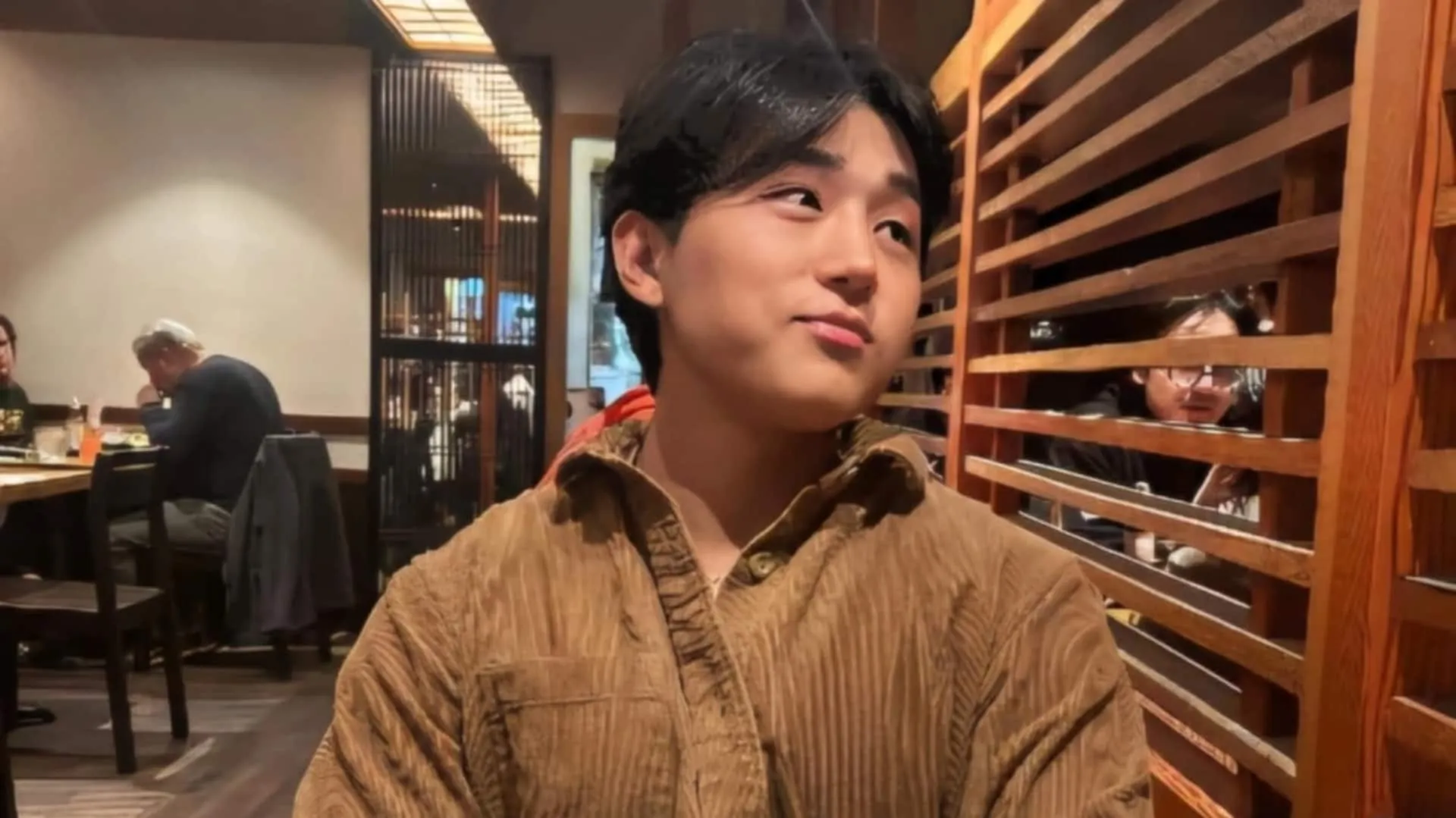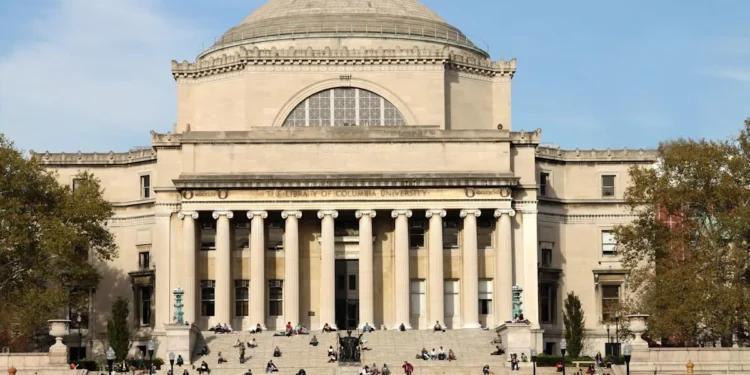In a move that has sparked debate across academic and tech circles, Columbia University has imposed a yearlong suspension on Chungin “Roy” Lee, a student who created a controversial AI tool designed to assist job seekers during technical coding interviews. The case, which has caught the attention of many due to its implications for academic integrity and innovation, revolves not just around the tool itself, but the circumstances leading up to Lee’s suspension.

A Tool for Success or a Shortcut to Cheating?
Interview Coder, as the tool is known, was launched by Lee as a means to help candidates navigate the challenging waters of technical interviews. Priced at $60 a month, the tool promises to provide “invisible” assistance during live coding challenges—a lucrative business that Lee claimed could potentially generate annual revenues of up to $2 million.
The controversy began when Lee posted a video on YouTube demonstrating the tool’s use during an actual interview with Amazon. This act of publicizing the tool’s capabilities led to his disciplinary issues at Columbia. According to documents obtained by Business Insider, Lee was initially drawn into the university’s disciplinary process not directly due to the tool, but because of his subsequent actions online.
Crossing the Line: Social Media Missteps
The pivot point for the university’s decision was Lee’s sharing of sensitive content online. He posted unauthorized recordings and photographs from his disciplinary hearing, which included images of university staff, directly violating the confidentiality agreement he had signed with the institution. This breach of conduct, rather than the creation of the AI tool itself, was cited as the main reason for his suspension.

“Update: I got kicked out!” Lee shared with Business Insider, reflecting a mixture of disbelief and resignation. This reaction underscores a broader discussion about the boundaries of student conduct and the ethical use of AI in academic settings.
The University’s Stance and Lee’s Future Plans
Despite the uproar and the personal stakes involved, Columbia University has maintained a reserved stance, opting not to comment on ongoing disciplinary matters. On his part, Lee seemed to have anticipated the possibility of not completing his studies. He had already submitted paperwork for a leave of absence before the final verdict of his first hearing was even delivered, indicating a foresight of the storm that was brewing.
“If I were suspended, I planned to go straight to San Francisco,” Lee remarked before the decision, highlighting his readiness to pivot towards what he views as a burgeoning career in tech, regardless of the academic outcome.
Reflections on Innovation and Integrity
Lee’s case raises critical questions about the intersection of technology and ethics, particularly in the competitive world of tech job interviews. While his tool offers a potential edge to job seekers, it also skirts the fine line between enhancing performance and offering undue advantage. This incident not only challenges the conventional norms of academic integrity but also sparks a debate on the responsibilities of innovators in the digital age.

As this story unfolds, it serves as a poignant reminder of the delicate balance between fostering innovation and upholding ethical standards. Whether seen as a tale of caution or a beacon of entrepreneurial spirit, Lee’s journey from a university lab to the heart of Silicon Valley is a testament to the complex dynamics at play in our increasingly digital world.










